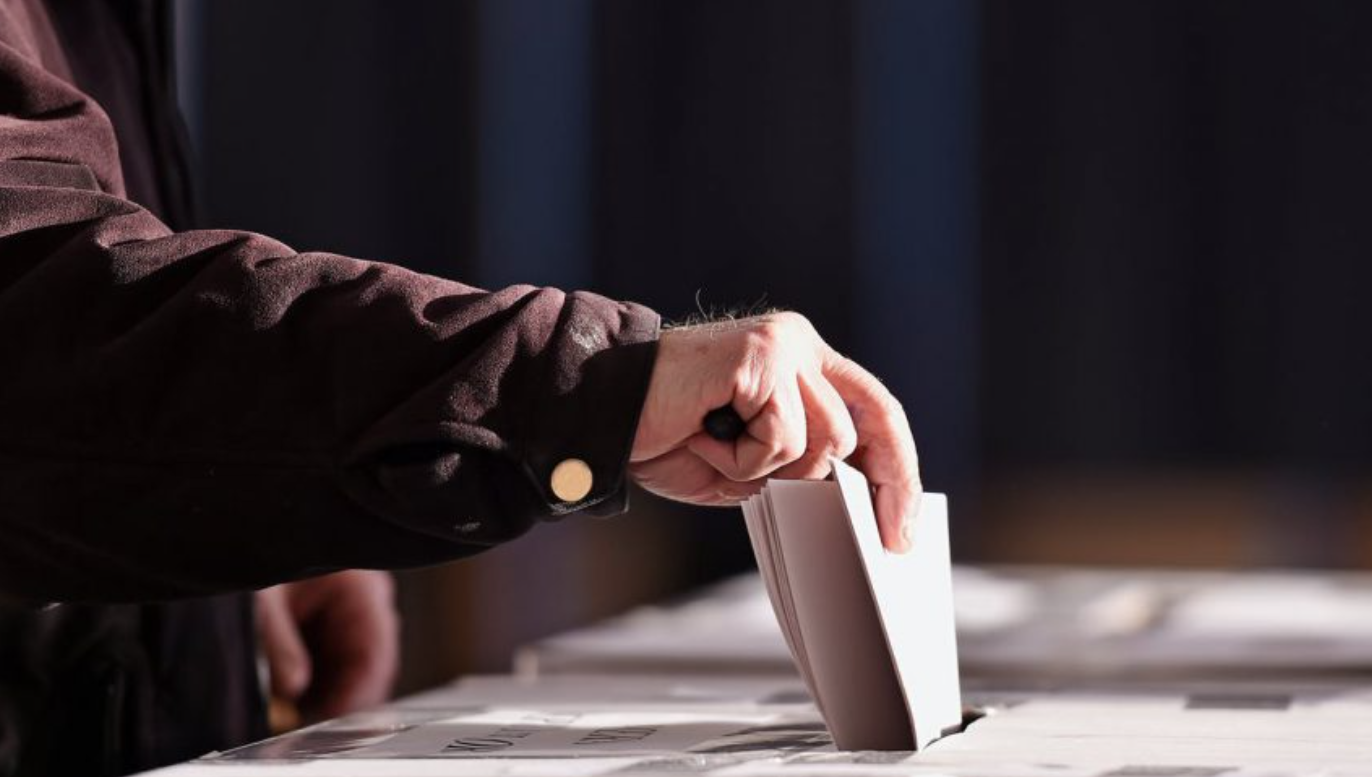September 15, International Day of Democracy, forces us to put on the table the need to reflect on the challenges we still face globally and, of course, regionally. The cases of Cuba, Venezuela, and Nicaragua are clear examples of these challenges. In these countries, despite the systematic violation of human rights (HR) and the practice of political opposition annihilation, governments such as the Colombian government still present statements such as those of its Foreign Minister Alvaro Leyva, who said that he is not a competent authority to say whether human rights violations are being committed in Venezuela. Perhaps it would be worth reminding Foreign Minister Leyva that the responsibility not only falls on the perpetrators, but also on those who tacitly endorse the violation of people’s dignity.
It is worth mentioning that, although the historical context of the creation of the United Nations did not make it easy to expressly establish democracy as a universal ideal, over time, based on the International Bill of Human Rights, the UN has pointed out that democracy is precisely the condition that facilitates the effective exercise of human rights.
Decades after the creation of the UN, the then Commission on Human Rights identified the essential points of democracy: respect for human rights and freedoms; freedom of association, freedom of expression, access to power, and its exercise in accordance with the rule of law; the holding of periodic, free and fair elections by universal suffrage and secret ballot, a pluralistic system of political parties and organizations, separation of powers, independence of the judiciary, transparency in public administration, and free and independent media.
Later, the Human Rights Council, as successor to the Commission, followed suit and adopted various resolutions on the close relationship between the protection of human rights and democracy. These include resolutions such as 19/36 and 28/14 on “human rights, democracy and the rule of law”. The former points out the relationship between the consolidation of democracy and respect for human rights, and the latter decides to create a forum on human rights, democracy, and the rule of law to promote dialogue and cooperation (Cuba abstained from voting on the adoption of both resolutions).
At the regional level, the Organization of American States (OAS) followed a similar path and expressly established that democracy was understood as a cornerstone of the organization and that a large part of its tasks would be directed toward strengthening institutions and promoting good governance. This is enshrined in the Charter of the Organization of American States and in subsequent instruments.
Over time, the OAS established certain unified positions as an organization through doctrines, instruments, and specific bodies that sought to generate pressure in the face of possible ruptures of democracy and to complement the exercise of the State. An example of this is the Betancourt Doctrine (paradoxically promoted by Venezuela); the Inter-American Democratic Charter and, of course, the Inter-American System for the Protection of Human Rights formed by the Inter-American Commission and the Inter-American Court.
The relationship between democracy and human rights is undeniable. It is impossible to imagine a context in which, despite the lack of democratic institutions, human rights are guaranteed, much less in a universal and interdependent manner. For this reason, on November 8, 2007, the United Nations General Assembly declared September 15 as the International Day of Democracy as a way to guide the international community in this matter as a common value.
In this context, it is relevant to point out that, despite all these efforts, we still face the danger of relativizing democracy for particular political interests, thus sanctioning some breaches of the constitutional order and not others. And the fact is that the discourse based on the principle of non-intervention in internal affairs has been used with ideological interests and instrumentalized to prevent democratic countries from speaking out about violations occurring in friendly countries. It seems that we did not learn the lessons of previous decades when under this same argument the atrocities of the military dictatorships of the Southern Cone were allowed on a regional scale. It may be time to reevaluate the limits invoked there.
This is possibly one of the major impediments in the handling of Cuba, Nicaragua, and Venezuela. In these countries, despite the progress made by the OAS in previous decades, it is now impossible to consolidate a single voice in favor of the transition to democracy and in unanimously reject, without qualms, the systematic violation of human rights, even though there are clear records, substantive documentation, and numerous testimonies. Despite the existence of sanctions by smaller regional organizations such as those of Mercosur in 2017, we are still far from having mechanisms that, rather than isolating as a measure of pressure, generate a transition to democracy.
Whether due to the interests of their own political projects or economic interests, a good part of the countries in the region find it difficult to recognize that there is little or nothing left of democracy in these cases. The more than one thousand political prisoners in Cuba and the more than two hundred detainees in Venezuela and Nicaragua; the more than eighteen thousand extrajudicial executions in Venezuela; the closure of the media and the exile of more than ninety journalists in Nicaragua; the forced exile of opponents in Cuba; among a long list of violations of human dignity in each of these countries, do not seem to be significant enough.
Although it may seem a controversial position, when it comes to defending human rights and democracy it is not possible to be located in gray areas, values are not negotiable. It is necessary to review and renew the instruments devised for the protection and promotion of democracy, as well as the systems of protection and their functionality in the face of authoritarian regimes. It is necessary to bear in mind that dictatorships do not change their vocation and that those who tacitly or expressly endorse the actions of these regimes also bear part of the responsibility.
In memory of democracy in Latin America.
Translated from Spanish by Janaína Ruviaro da Silva













